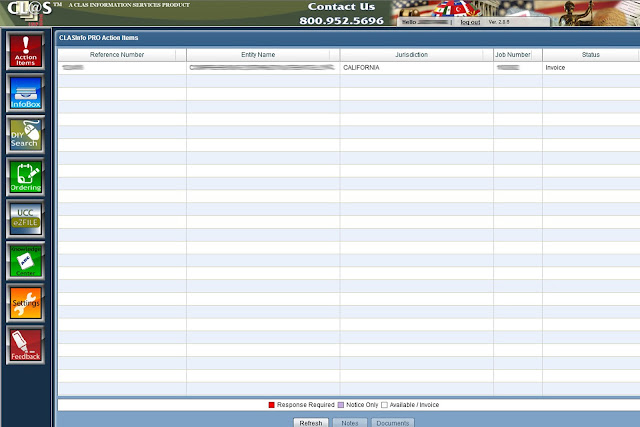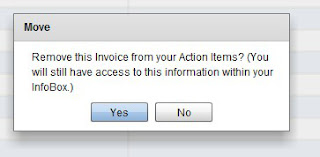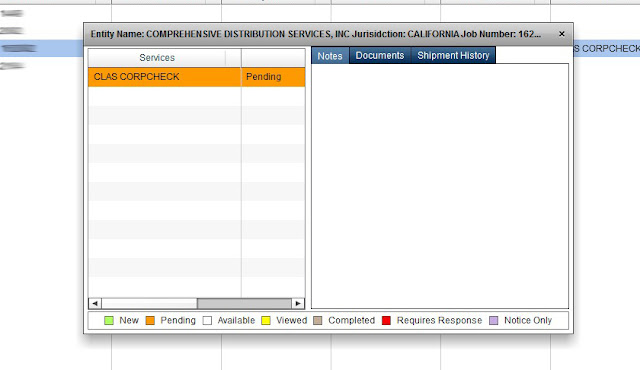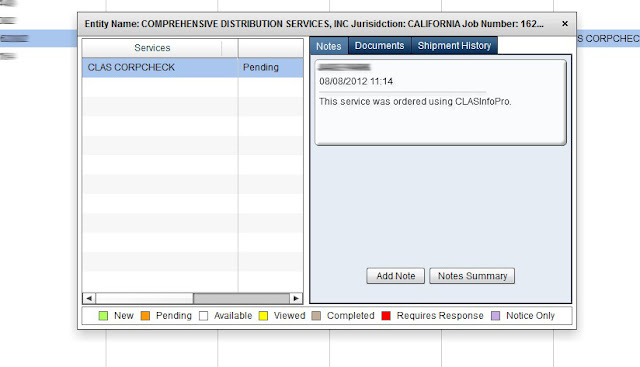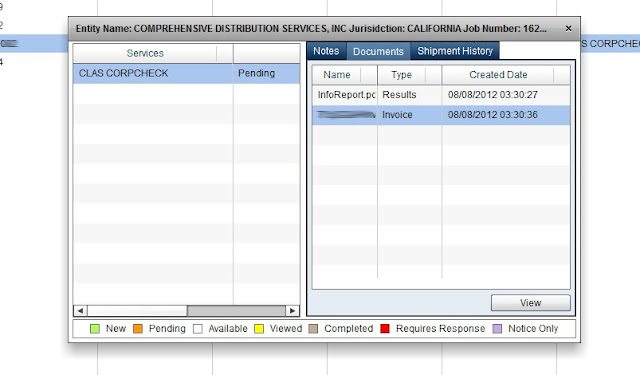U.S. Patriot Act
Searches / OFAC Compliance
What is OFAC?
OFAC is
an office within the U.S. Department of the Treasury that “administers and
enforces economic and trade sanctions based on US foreign policy and national
security goals.”1 While OFAC has been involved in sanctions programs
since the War of 1812, Congress’s passing of the U.S. Patriot Act in the
aftermath of the events of 9/11 has led to an increase in OFAC’s operations to
curb terrorism. OFAC’s efforts include:
Sanctions Programs
There are three types of sanctions programs – comprehensive,
limited and targeted. According to the OFAC 2012 Financial Symposium:
·
Comprehensive programs are those such as with
Cuba, Iran, Sudan and Syria. With a comprehensive program, generally all
activities are prohibited.
·
Limited sanctions, such as those with Burma,
North Korea and involving conflict diamonds, allow certain activities. For
example, exporting may be allowed, but not importing or investing. Each country
or target may have different restrictions. Therefore, it is necessary to know
which restrictions apply, and when.
·
Targeted sanctions mean an activity is on the
sanctions list for a particular reason, such as narcotics trafficking or
Somalian piracy.2
Licensing
All sanctions programs have exceptions of some sort and these
exceptions may be handled through a license. An example may be General License
11, which allows for the transfer of services by non-governmental
organizations. Another license may allow for the export of food to sanctioned
nations (such as Iran or Sudan), although the countries themselves may be under
a comprehensive program.2
The Specially Designated Nationals and Blocked Persons List (SDN List)
OFAC maintains a listing of
restricted parties called the Specially Designated Nationals and Blocked
Persons List (SDN List). Names are added to and removed from this list
continually.2 Failure to understand and properly comply with the
Office of Foreign Assets Control’s (OFAC’s) requirements in this area can lead
to results as mild as a cautionary letter or as severe as civil or criminal
penalties.
Who needs to be OFAC compliant?
If your company deals in the transfer of funds, you must
practice due diligence when dealing with clients in order to comply with OFAC
requirements. This also applies if your company assists with the formation of
corporate entities. This means that you or your service company needs to
understand the OFAC Sanctions Programs (comprehensive, limited and targeted)
and be aware of the SDN List.
What can you do to be OFAC compliant?
We have found that people/entities who neglect their
responsibilities are usually penalized more harshly than those who have written
internal processes but who somehow have a target slip through their process.
Once a violation is recognized, information is gathered and
the violator should be prepared to answer such questions as why the target was
missed and what happened. In determining an action to be taken against the
violator, such items as whether it was a willful or reckless violation, the
violator was aware of the conduct when approving the transaction, a compliance
program was in place or not, cooperation with OFAC occurred during the investigation,
etc. are taken into account. Actions can include a no action letter, a
cautionary letter, a finding of a violation (civil or criminal penalties may be
assessed) or a settlement.2
OFAC’S current focus is wire transfers. All wire transfers
need to be screened. According to the OFAC 2012 Financial Symposium:
Particular risk occurs if the
recipient of the transfer has overseas branches or subsidiaries, if the
transfer came from a high-risk bank, the type of product offered for sale, how
much internal quality control is in place and if the recipient has had a high
number of OFAC incidents in the past. Ways to mitigate risk include keeping and
using an updated SDN List, reporting incidents of missed identification,
significant recordkeeping, and due diligence, including having tailored,
written policies and procedures in place.2
CLAS has processes you can utilize to track your compliance attempts. Contact a CLAS Service Representative by emailing Christy@clasinfo.com,
or by calling 800.952.5696. CLAS Information Services can be found online at www.clasinfo.com.
Sources:




